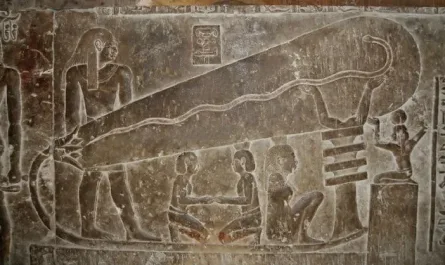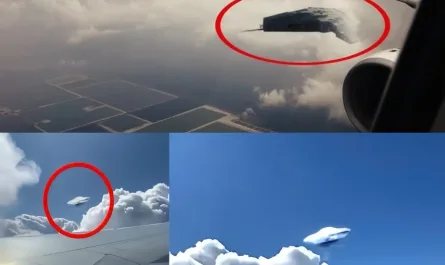Ancient Astronomy – How Early Civilizations Understood the Cosmos
Long before modern telescopes and space agencies, ancient civilizations studied the skies to understand their world. Astronomy played a crucial role in agriculture, navigation, and religious beliefs. From the pyramids of Egypt to the Mayan calendar, early humans left remarkable evidence of their celestial knowledge.
The Role of Astronomy in Ancient Cultures
Ancient societies across the world developed sophisticated methods to track celestial movements. They aligned monuments with solstices, tracked planetary motions, and created calendars that shaped daily life.
Notable Ancient Astronomical Achievements
- Egyptians: The pyramids of Giza are thought to align with Orion’s Belt, reflecting a deep connection between their gods and the cosmos.
- Babylonians: Developed one of the first recorded star catalogs and could predict lunar eclipses with impressive accuracy.
- Mayans: Created an advanced calendar system based on celestial cycles, particularly Venus and the Moon.
- Greeks: Philosophers like Aristarchus proposed that the Earth orbits the Sun centuries before Copernicus.
- Chinese Astronomers: Recorded supernovae and comets, contributing valuable observations to later generations.
Stonehenge and Celestial Alignments
Stonehenge in England is one of the most famous examples of ancient astronomical knowledge. The arrangement of its massive stones aligns with solstices, suggesting its use as a prehistoric calendar.
How Ancient Astronomy Influenced Modern Science
The observations of ancient civilizations laid the foundation for modern astronomy. Their meticulous records helped later scientists refine planetary motion theories, leading to the discoveries of Kepler, Galileo, and Newton.
Conclusion
Ancient astronomy is a testament to human curiosity and ingenuity. By looking to the past, we gain insight into how our ancestors understood the universe and shaped the knowledge we rely on today.
Stay tuned for more insights into space and archaeology!


